- Date 2025-04-30
- Hit 2
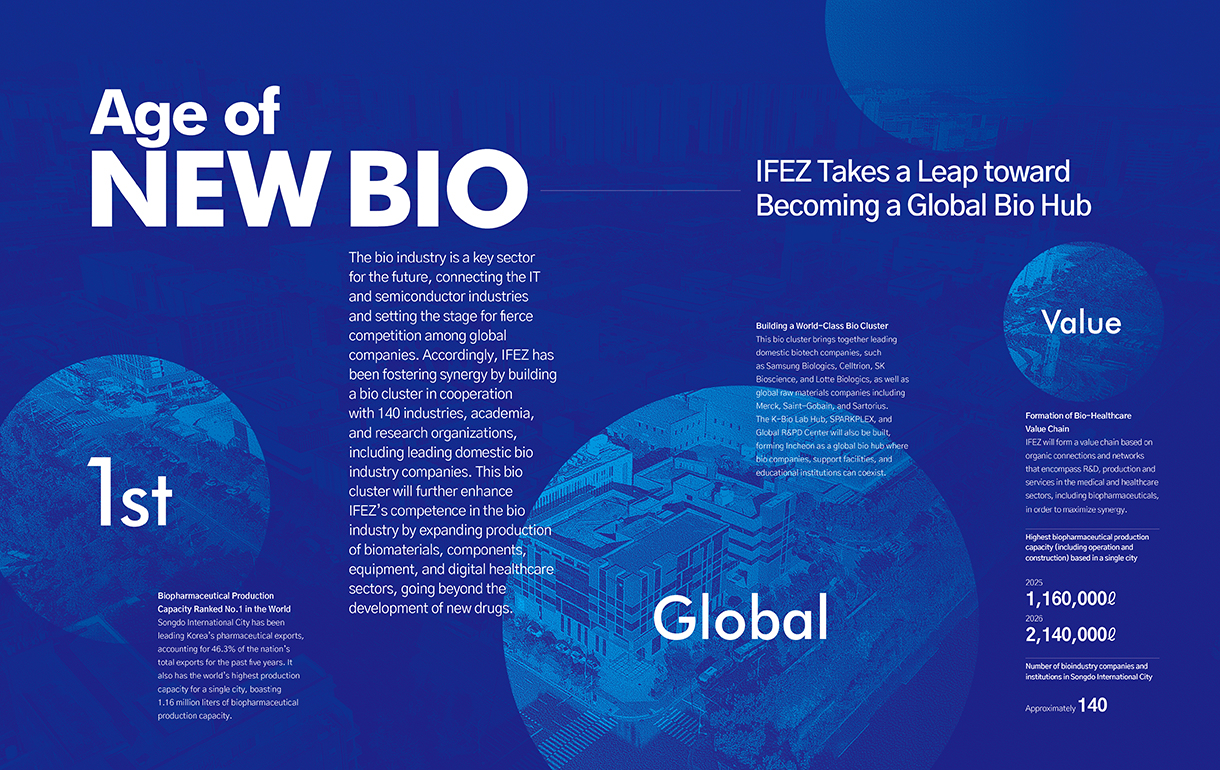
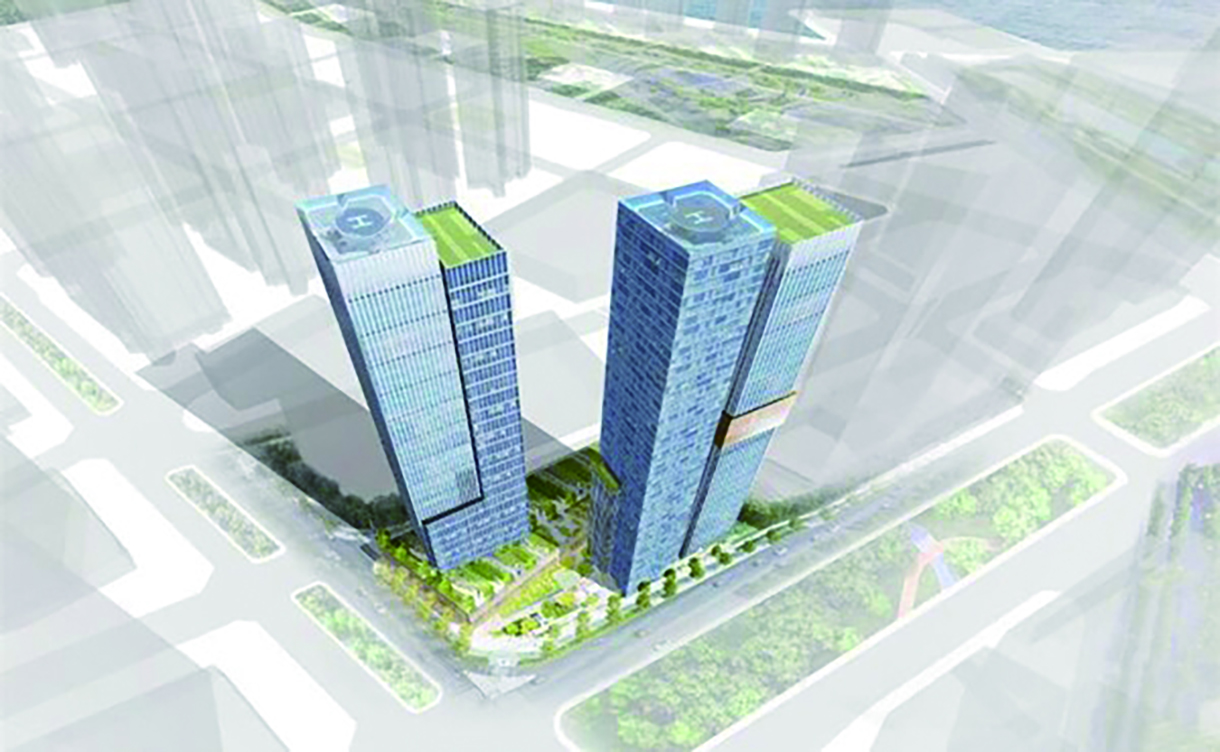
Establishment of SPARKPLEX, the First Project for Job Creation
The SPARKPLEX development project involves constructing two 35-story buildings in the Songdo International Business District’s F3-3 Block (Songdo-dong, Lot 37-2), with its total project cost amounting to approximately KRW 500 billion. SPARKPLEX aims to serve as an open innovation space where companies in the bio and pharmaceutical sectors can collaborate, share resources, and achieve mutual growth. Accordingly, it will provide the MediOpenLab platform, offering shared laboratories equipped with cutting-edge research equipment, a precision medical center, and other facilities for tenants, with the goal of promoting collaboration and innovation among startups, large and mid-sized companies, and institutions. It will also provide state-of-the-art equipment and many additional amenities, such as shared offices, an auditorium, and a studio, to encourage networking among resident bio startups. Youth residential facilities will also be established for employees who may face difficulties dealing with long commutes. Upon completion of SPARKPLEX, Songdo is expected to become an innovative global bio-complex where global companies and startups will coexist organically alongside industry-academia stakeholders.
Project Progress
Location : 37-2 Songdo-dong
Schedule : Basic and detailed design services to begin in 2026
K-Bio Lab Hub to Foster Innovative Startups in the Pharmaceutical and Bio Sectors
The K-Bio Lab Hub is a project to build infrastructure (15,418 ㎡), including laboratories and support programs at Yonsei University International Campus, with the goal to foster innovative startups in the pharmaceutical and bio fields. In preparation for the official opening of the K-Bio Lab Hub in 2028, IFEZ signed a memorandum of understanding (MOU) with the K-Bio Lab Hub Project Promotion Team to support startups participating in the pilot project. In April, it selected eight startups to participate while focusing on developing new drugs. The selected companies are promising startups with innovative technologies related to new drug development and have moved into the SL BiGen Industry-Academic Cooperation Center on Yonsei University International Campus. For the next three years, they will conduct R&D and external activities based on Open Innovation in the shared laboratories of the SL BiGen Industry-Academic Cooperation Center. The Incheon Free Economic Zone Authority (IFEZA) will support their networking events, and the pilot project will be operated on a trial basis until the opening of the K-Bio Lab Hub, which is currently under construction and is scheduled for completion in 2028.
Project Progress
Location : Yonsei University International Campus
Schedule : Completion in 2028
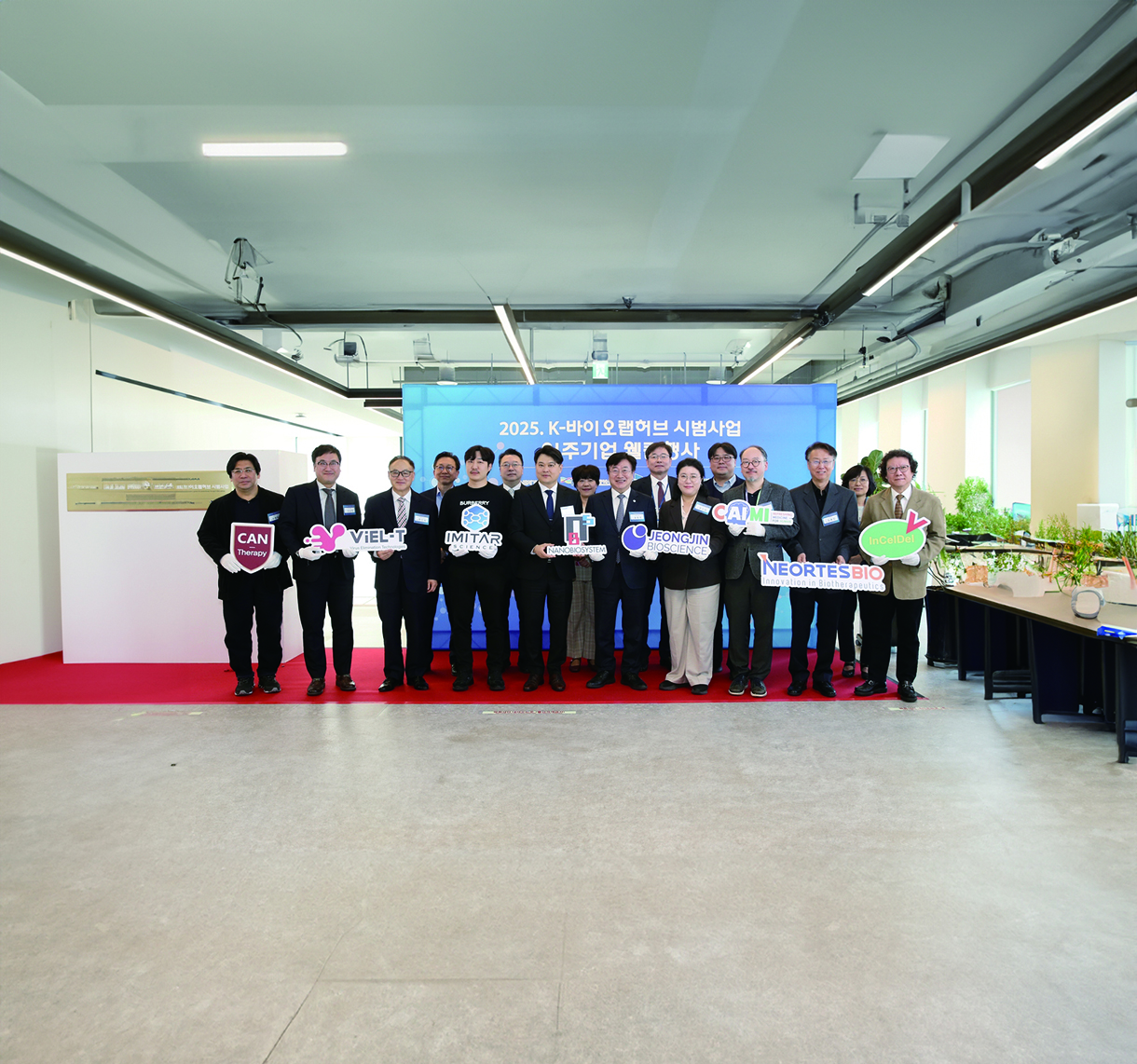
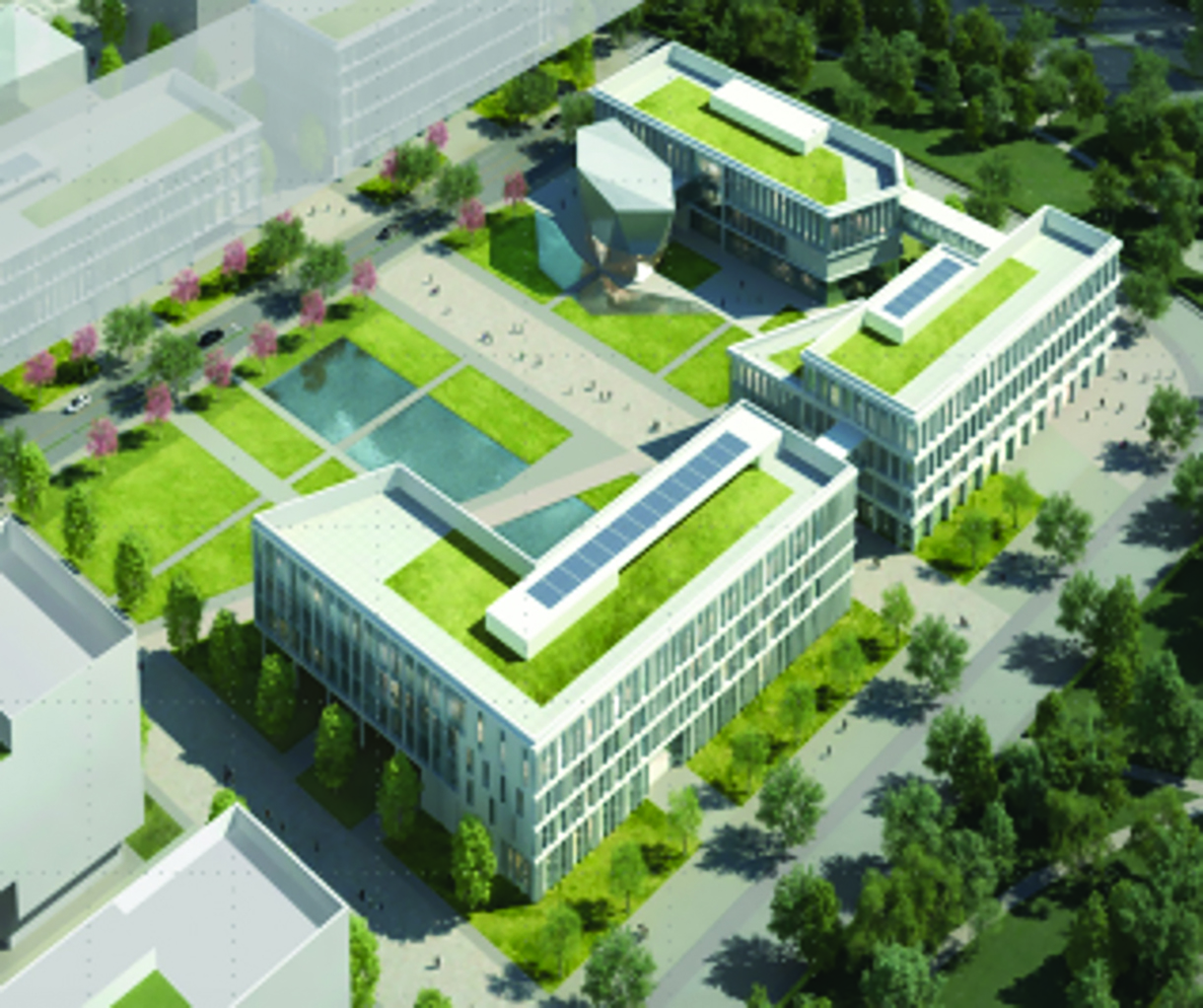
Building Open Innovation to Become a Hub for R&D Collaboration
The project to build Open Innovation in collaboration with startups in the bio cluster is in full swing. The Open Innovation project, which started in earnest with Celltrion, is spreading to other major biotech companies, such as SK Bioscience and SL BiGen. Incheon and the IFEZA are aggressively seeking the expansion of support facilities for bio startups. Open Innovation refers to a strategy or space that encourages companies to share their resources and technologies with external partners, such as startups, organizations, universities, and others, and its scope has expanded beyond Korea’s borders. It aims to promote cooperation by sharing such companies’ innovative technologies with overseas bio-pharmaceutical companies. At the forefront of the project, Celltrion has made a splash by winning the Kansai Life Science Accelerator Program (KLSAP) in Japan. It also provided pharmaceutical platform technology when it received approval from the U.S. Food and Drug Administration (FDA) for clinical trials. SK Bioscience will invest a total of KRW 325.7 billion to build the Global R&PD Center as early as this year on a site measuring 30,413 ㎡ in Songdo. The center will serve as a training camp for bio professionals and as a research space for bio institutions and companies from around the world. Lotte Biologics is also planning to build a “Bio Venture Initiative” to conduct joint R&D and collaboration with bio startups. It will be built in conjunction with its production plant, which will be completed sequentially from next year to 2034.
Open Innovation Project Progress
01. Celltrion
- 2024년 오픈이노베이션 프로그램 운영(1·2기 6개 업체 선정)
- 해외 바이오 스타트업 협력
02. SK Bioscience
- 글로벌 R&PD센터 구축(2025~2026년)
- 세계 바이오 기관·기업 연구 공간 제공
03. Lotte Biologics
- 바이오 벤처 이니셔티브 건립 추진
- 바이오 스타트업과 공동 연구개발
04. SL BiGen Industry-Academia Cooperation Center
- 바이오 스타트업 8곳 입주
- 기술 및 자원 공유, 공동 연구개발
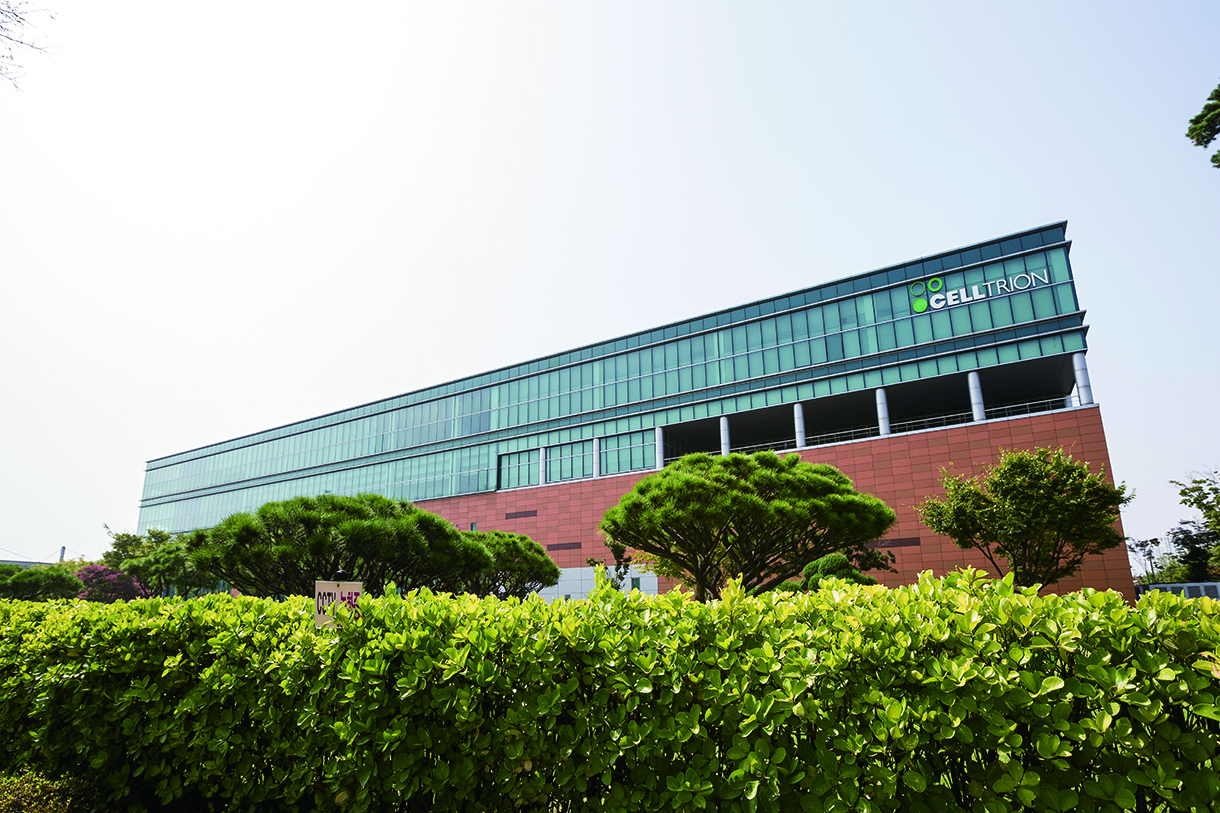
Celltrion Steqeyma Listed in the Formulary of one of the Three Major PBMs in the United States
It was announced that Celltrion’s autoimmune disease treatment, Steqeyma (ingredient name: ustekinumab), was listed in the formulary of one of the three major Pharmacy Benefit Managers (PBM) in the United States. Accordingly, Steqeyma secured all public and private insurance formularies operated by the PBM, which accounts for approximately 22% of the total U.S. insurance market. Even after a contract is signed, it usually takes some time to be actually listed on the formulary. Celltrion plans to expedite the process by leveraging its negotiation capabilities obtained from selling its existing products. In the U.S. pharmaceutical market, the three major PBMs are very influential, accounting for about 80% of the total insurance market. Steqeyma is being marketed directly by Celltrion’s U.S. subsidiary (Celltrion USA, Inc.). The company’s network, built from selling the autoimmune disease drugs Zymfentra (ingredient name: infliximab) and Euplyma (ingredient name: adalimumab) played a key role in cementing the contract.
Address : 23 Academia-ro, Yeonsu-gu
Year of Joining the Bio Cluster : 2005
Type of Business : Biopharmaceutical manufacturing and R&D
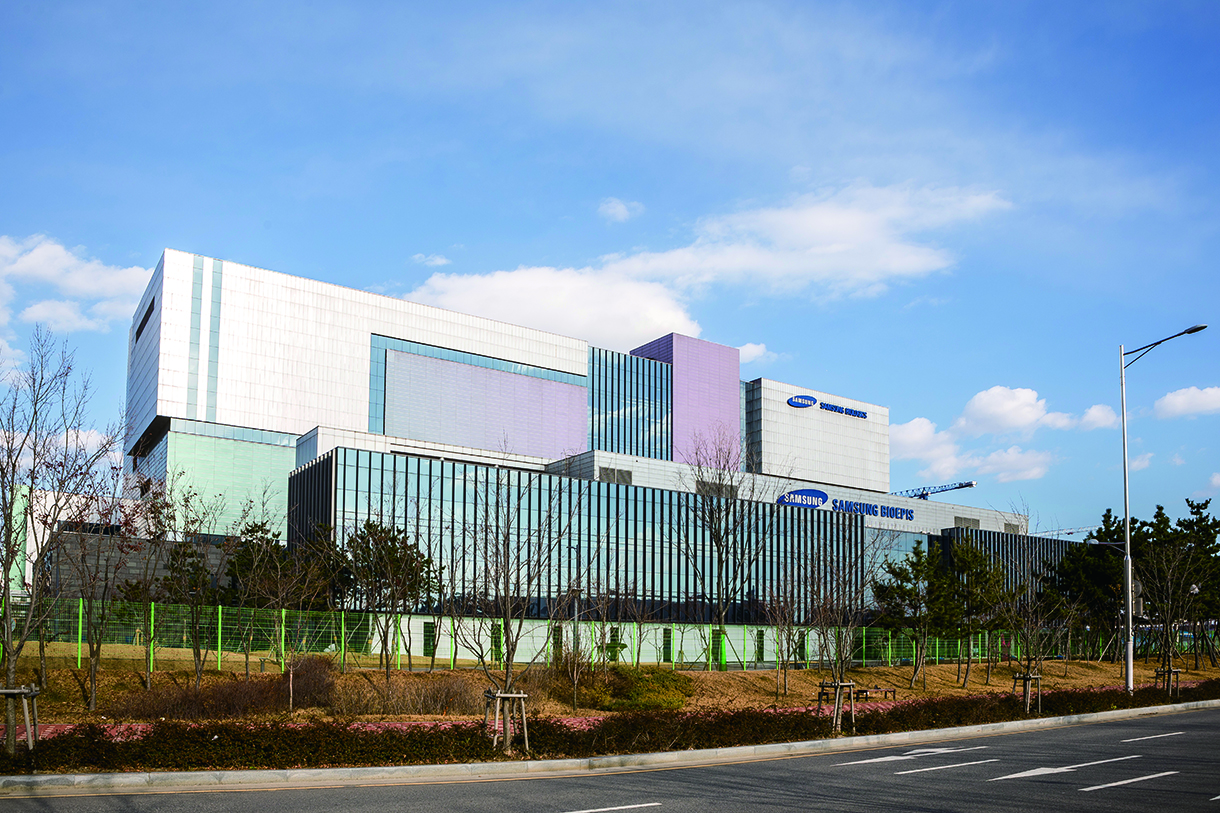
Samsung Biologics Expands ADC Business to Target Global Markets
Samsung Biologics is focusing on expanding its business in the field of ADCs (Antibody-Drug Conjugates). An ADC is a targeted anti-cancer treatment that combines a cytotoxic drug with an antibody to selectively kill cancer cells and has recently shown rapid growth in the biotherapeutic market, being selected as the next big thing by multinational pharmaceutical companies. Accordingly, the Contract Manufacturing Organization (CMO) volumes of Samsung Biologics’ ADCs are expected to increase. It is also expected that Samsung Biologics’ collaboration (CDO) with biotech companies focusing on ADCs will increase, which will allow Samsung BioLogics’ business to grow evenly in ADCs. According to the market research firm Evaluate, the global ADC market grew from USD 1 billion (KRW 1.4712 trillion) in 2015 to USD 10 billion (KRW 14.712 trillion) in 2023, and it is expected to grow to USD 28 billion (KRW 41.1992 trillion) in 2028.
Address : 300 Songdo Bio-daero, Yeonsu-gu
Year of Joining the Bio Cluster : 2012
Type of Business : Biopharmaceutical manufacturing and R&D
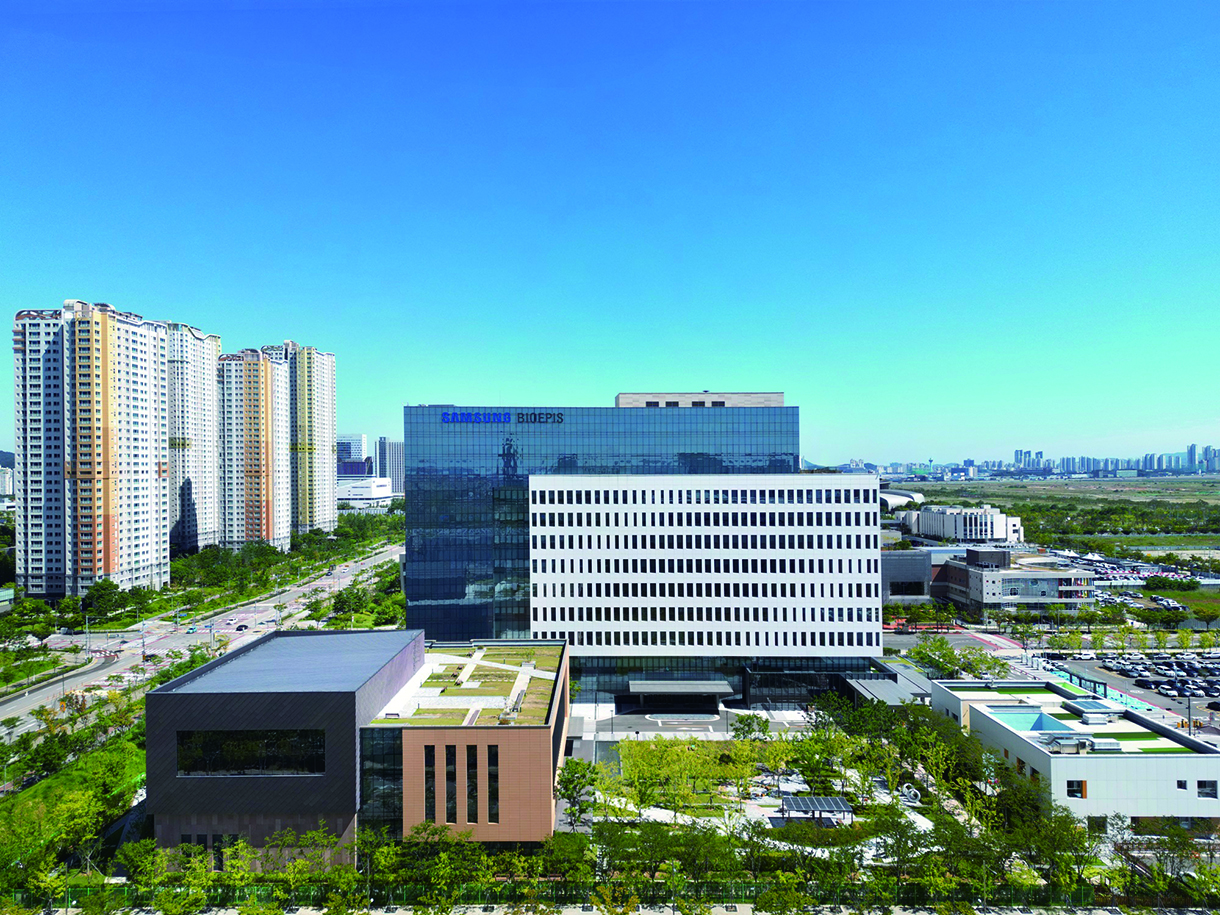
Samsung Bioepis Launches EPISCLI, a Treatment for Rare Diseases
Samsung Bioepis has launched EPISCLI (ingredient name: eculizumab), a treatment for rare diseases, in the U.S. through its marketing partner, Teva Pharmaceutical Industries. EPISCLI is a biosimilar of “Soliris,” which was developed by Alexion and is used to treat rare diseases like paroxysmal nocturnal hemoglobinuria (PNH), atypical hemolytic uremic syndrome (aHUS), and generalized myasthenia gravis (gMG). EPISCLI is being launched at a 30% reduction compared to the original drug, representing Soliris’ Wholesale Acquisition Cost (WAC). Soliris is an ultra-expensive biopharmaceutical with significant unmet medical needs. In the United States, the cost of a year of treatment for PNH is estimated to be around USD 520,000 (KRW 7.6 trillion). Linda Choi, vice president and commercial head of Samsung Bioepis, said, “EPISCLI will play an important role in expanding treatment options for patients living with rare diseases in the U.S.”
Address : 76 Songdohwagyo-ro, Yeonsu-gu
Year of Joining the Bio Cluster : 2012
Type of Business : Biopharmaceutical R&D
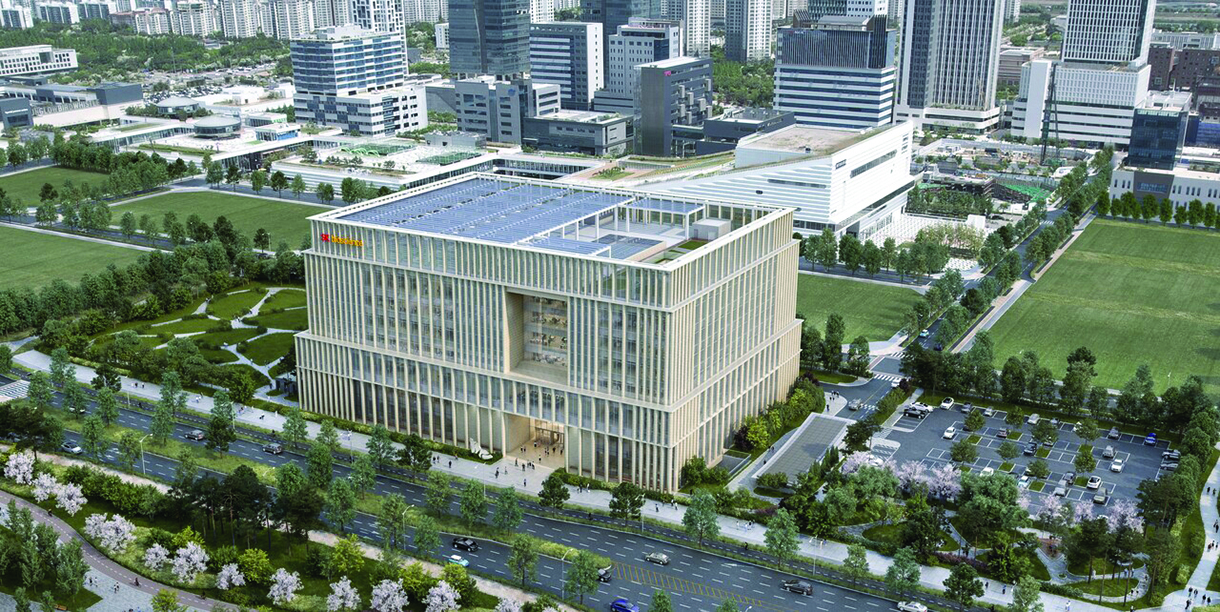
SK Bioscience Commences Global Phase Ⅲ Clinical Trials for GBP410, a 21-Valent Pneumococcal Conjugate Vaccine
SK Bioscience has commenced global Phase Ⅲ clinical trials for GBP410, a 21-valent pneumococcal conjugate vaccine that is currently under development. The trials will take place in Europe as well as the United States and South Korea. A Phase III clinical trial is the final gateway for commercializing a vaccine. If successful, it may have a significant impact on the global vaccine market. The success rate of Phase III clinical trials in vaccine development is over 80%, on average. Accordingly, it will have a higher probability of success given the excellent results of existing clinical trials. SK Bioscience is on track to continue its global clinical trials, commencing Phase III clinical trials in Europe, followed by North America and Korea. The global pneumococcal vaccine market is currently expected to grow to USD 11 billion (KRW 16.3 trillion) by 2030. If GBP410 is commercialized, SK Bioscience will compete with global companies like Pfizer and MSD (Merck).
Address : 38 Yeongudanji-ro, Yeonsu-gu
Year of Joining the Bio Cluster : 2025 (scheduled)
Type of Business : Vaccine manufacturing and R&D
Most Viewed
-
-
인천, 전 세계가 찾는 K콘텐츠 관광지로 만든다 Incheon Turning into a Global K-Content Tourism Destination Yeongjong and Cheongna international cities are emerging as promising markets for Korea’s content industry. With this in mind, the Incheon Free Economic Zone Authority (IFEZA) plans to prop these areas up as a “video and culture complex cluster,” dubbed “K-Con Land,” which will attract 50 million visitors annually and generate KRW 10 trillion in added value.